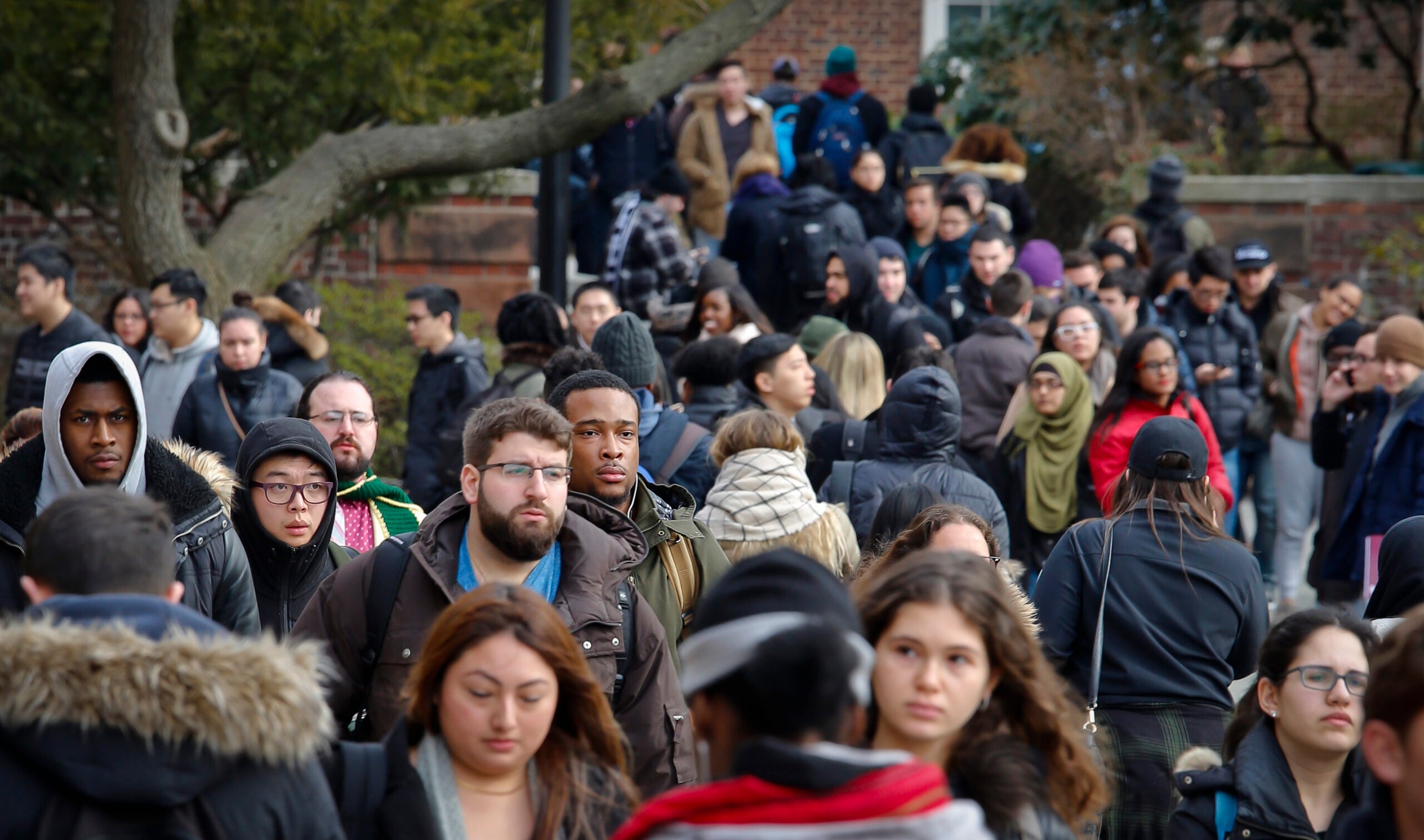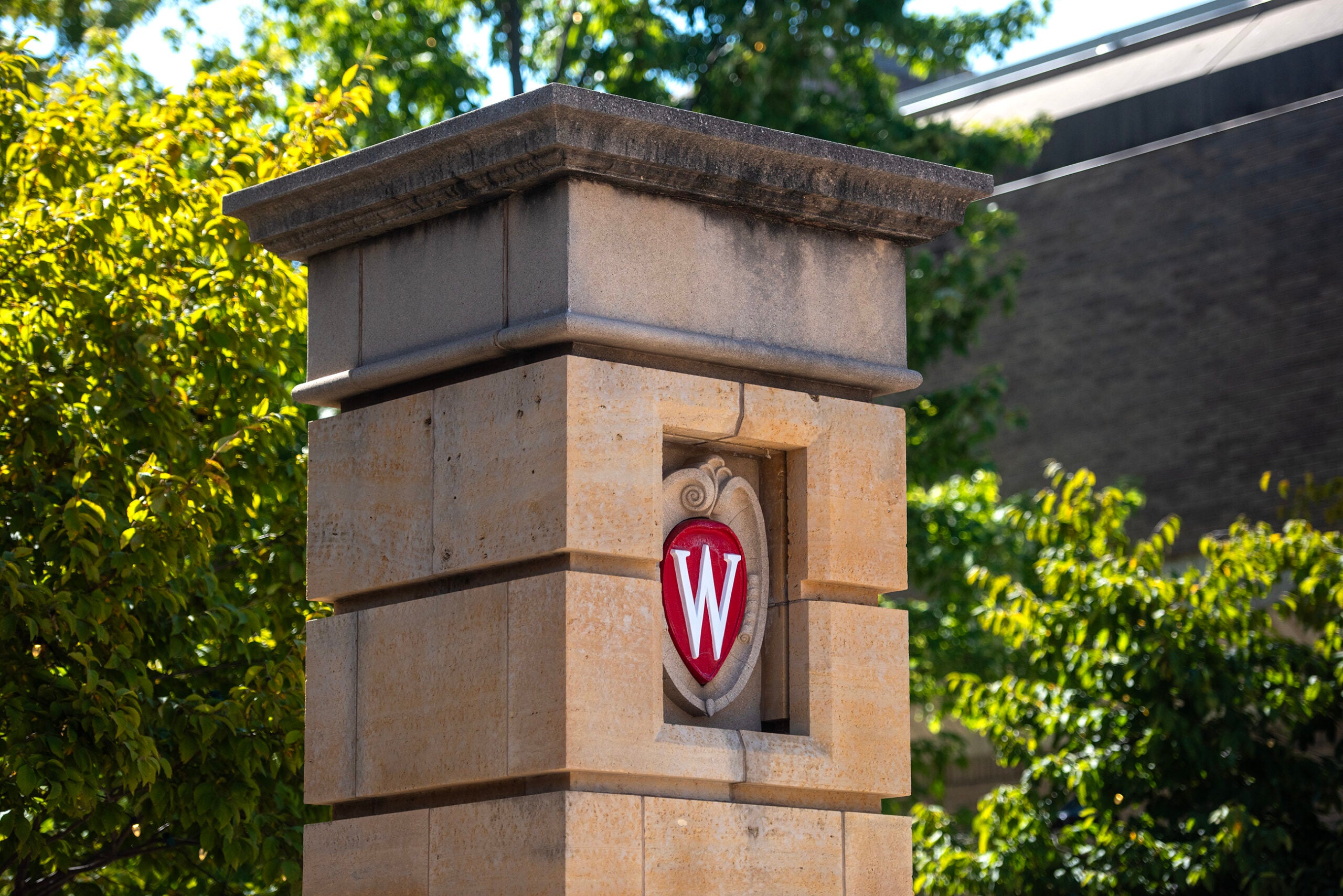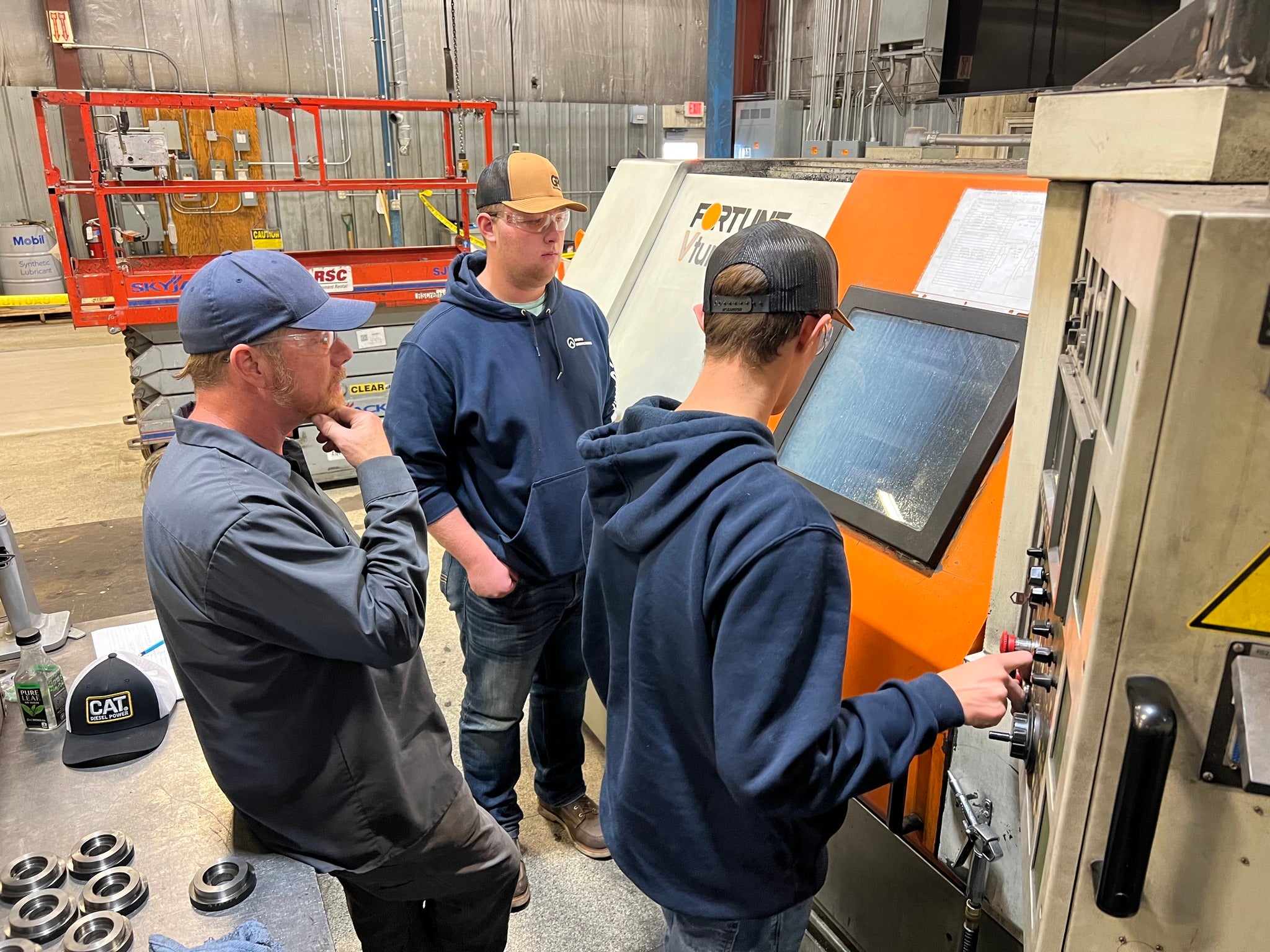The University of Wisconsin System wants to make it easier for work, military and other life experiences to count as college credit as adult students work to earn degrees and other credentials. The hope is that crediting what the system calls “prior learning” can help with retention and completion, particularly for people of color.
The UW System has been awarded a $450,000 All Learning Counts grant from the nonprofit Lumina Foundation to build what the system calls “clearer pathways” to degrees and other professional credentials for adults and people of color.
The grant was part of a $3.5 million national campaign by Lumina to “ensure that knowledge, skills, and abilities gained outside formal higher education-through work, military and other experiences” can be counted as college credit to put toward degrees or certificates, according to the grant announcement from Lumina.
News with a little more humanity
WPR’s “Wisconsin Today” newsletter keeps you connected to the state you love without feeling overwhelmed. No paywall. No agenda. No corporate filter.
The grant will help the system build on past efforts toward what it calls “credit for prior learning,” said Carlene Vande Zande, UW System Vice President of Academic Programs and Educational Innovation. Vande Zande said the idea is to make it easier for working adults who may have some prior college credits to gain credits without having to pay for things they’ve already learned outside of college.
The effort is particularly catered to people of color and native learners, according to the Lumina Foundation.
Haley Glover is the director of strategy for Lumina. She told WPR that in the past, higher education institutions denied access to people of color. Glover said one example is that minority groups have increasingly turned to military service as a way to further their education but oftentimes that service doesn’t transfer into college credits. She said higher education needs to recognize that college-level learning happens outside the walls of the university.
“And in order to make sure that we are righting past wrongs to open up opportunities and ultimately ensure nobody encounters a dead end we have to start addressing how we value the learning,” said Glover.
UW System’s Vande Zande said the Lumina grant builds upon ongoing efforts within the system to boost outreach to students of color that followed a 2011 Wisconsin Transfer Equity Study report showing white students were more successful in transferring from state two-year colleges to four-year universities.
“So, we want to make sure that our students we consider underserved in the university system have these opportunities,” Vande Zande said. “These opportunities allow the student to come in and tell their life story, where they’ve worked, personal experiences that they’ve had or other ways that they’ve received training then to document that knowledge so they can have some more sure footing as they are starting their university pathway.”
The Transfer Equity report said the data told a “troubling story” about disparities between white students and students of color.
“For those transfer paths that exist for both white students and students of color, we see that fewer students of color transfer than their white peers,” the report reads. “Other data analyses indicate that transfer students of color are underrepresented, given their enrollment at the sending institution, and that students of color who transfer into four-year institutions are less likely to graduate with baccalaureate degrees.”
UW System data on transfers by race and ethnicity from 2018 show 76 percent of students transferring into its universities were white. Nearly 7 percent of transfer students were listed as Hispanic or Latino or Latina. Just more than 3 percent of were African American.
The $450,000 grant will be spread among UW-Green Bay, UW-Milwaukee, UW-Oshkosh, UW-Platteville, UW-Whitewater, Vande Zande’s office and the online initiative known as the UW Extended Campus.
Kingsley-Reign Pissang is a UW-Madison senior and president of the Student Involvement Coalition, that advocates for equality and inclusion for students of color on campus. She told WPR that the grant and the UW System’s interest in improving transfer rates for people of color at the five campuses is a “step in the right direction.”
“Because low admission rates or low demographics of students isn’t just exclusive to UW-Madison, although we may be the most visible because we’re the largest campus,” said Pissang. “These things are happening at La Crosse, Oshkosh, Milwaukee, Stout. You know, they’re kind of happening everywhere.”
UW-Milwaukee’s School off Continuing Education will review and map learning outcomes and UW-Oshkosh will communicate “credit for prior learning” options with regional employers, according to a UW System press release. At UW-Green Bay adult students will work with a “success coach” to find ways to apply prior learning towards credit on campus. Vande Zande said she hopes participating campuses will work with one another to find new ways to attract adults and people of color who may be able to leverage life experiences toward degree and certificate completion.
“And we really hope to learn some things in Wisconsin to contribute to the national picture of how to do this and not only how to do it but to do it well,” she said.
Wisconsin Public Radio, © Copyright 2025, Board of Regents of the University of Wisconsin System and Wisconsin Educational Communications Board.







